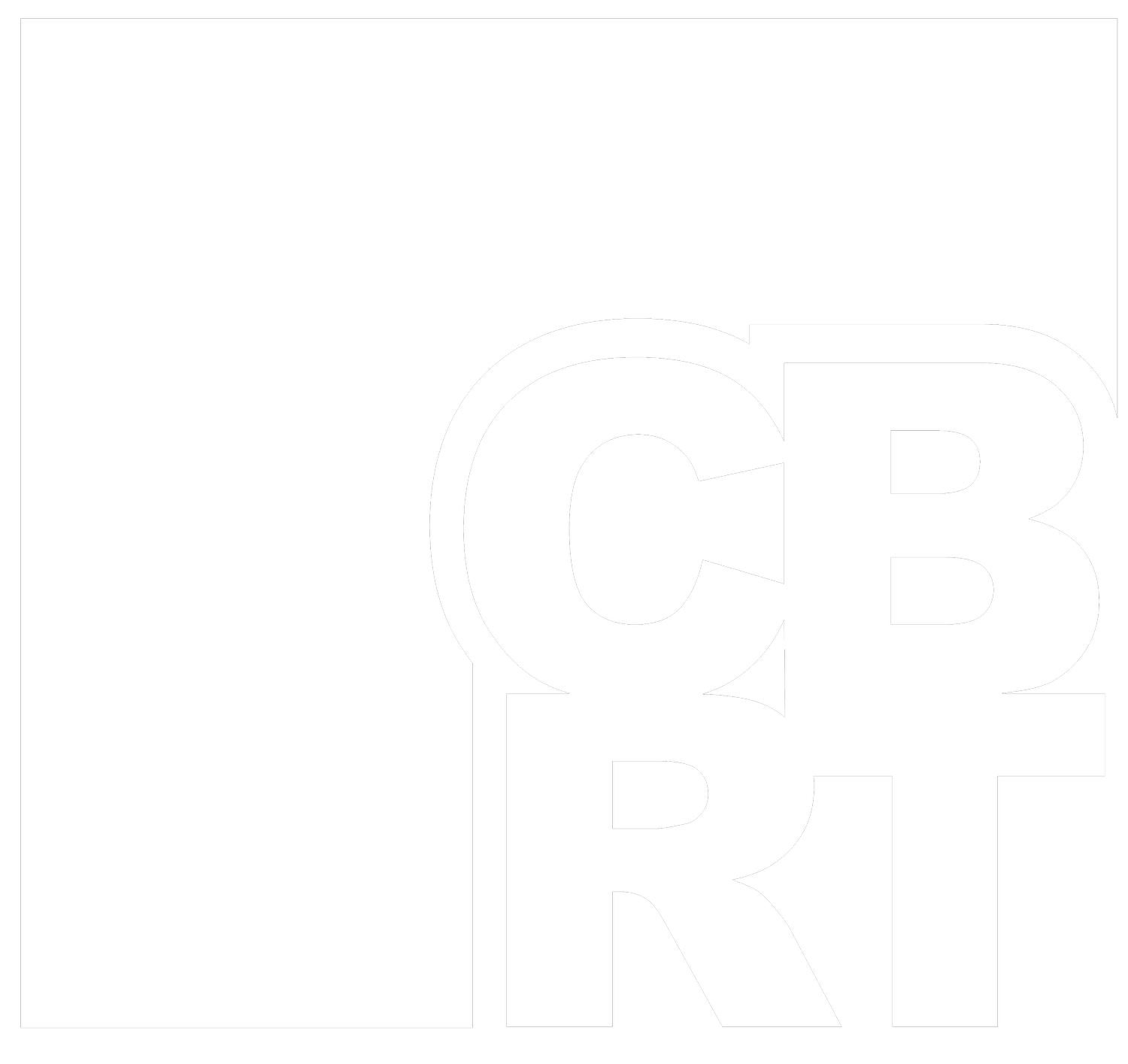WHAT WE DO FOR YOU
Our Services
Keynote, conference, plenary, professional development, and special convening lectures.
VIRTUAL OR IN PERSON
Ongoing experiential trainings for 10-5000 people. Typically 75 minutes to full day. Offered every 2 weeks, monthly, or every quarter.
VIRTUAL OR IN PERSON
One-on-one meetings, Individual Intercultural Development Inventory Assessment with personalized plan, one-time or ongoing consultation. VIRTUAL OR IN PERSON
Intercultural Development Inventory (IDI), organizational, team or small group assessments with reports. VIRTUAL OR IN PERSON
Interested in learning more about all the benefits CBRT has to offer? Check out our brochure!
Adaptive learning allows users to learn at their own pace while providing a baseline level of knowledge.
Offering personal services that include Therapy, Signature Talk, and Consulting.
CBRT was developed by a clinical psychologist who is a person of color, a woman, and a first-generation college graduate. This is relevant because CBRT is a theory and training developed by someone with lived experiences of marginalization, minimization, and oppression. Hence, CBRT is a model that seeks to liberate. Additionally, with roots in clinical psychology, CBRT isn’t simply a learning journey; it is a transformative process.
What makes the Crawford Bias Reduction Theory & Training (CBRT) approach so special?
What are the benefits of using clinical practices to teach anti-bias skills?
-
Clinical psychologists have a deep understanding of human behavior, prejudice, and unconscious bias. They can use this knowledge to design and deliver training that is effective in raising awareness, challenging harmful beliefs, and promoting positive change.
-
Clinical psychologists are trained in techniques for fostering empathy and perspective-taking, which are crucial for understanding the experiences of others and developing antibias attitudes. They can use these skills to create a safe and supportive space for participants to engage in difficult conversations and explore their own biases.
-
Clinical psychologists can assess the specific needs of a group or organization and tailor their training accordingly. This ensures that the training is relevant and meaningful for participants, and addresses their specific challenges and biases.
Credibility and authority: Clinical psychologists hold advanced degrees and are licensed professionals. Their expertise and credentials can lend credibility and authority to the training, making it more impactful for participants.
-
In addition to delivering group training, clinical psychologists can provide individual support to participants who are struggling with issues related to racism or bias. This can be particularly helpful for participants who are processing personal experiences or confronting their own biases.
-
Clinical psychologists can evaluate the effectiveness of the training and assess the progress of participants. This information can be used to refine the training and ensure that it is achieving its desired outcomes.
Overall, having a clinical psychologist conduct an antibias training can offer a number of advantages. Their expertise in human behavior, coupled with their skills in fostering empathy and perspective-taking, can create a powerful and transformative learning experience for participants.
CBRT IS FOR EVERYONE
Equitable and Accessible Fees
We do not have a fixed fee for our services. To ensure that the Crawford Bias Reduction Theory & Training (CBRT) is for everyone, we approach our fees in an equitable and accessible manner. Specifically, we invite organizations to pay what is of organizational value and financial ability. Organizations with significant financial limitations pay less, while others pay significantly more depending on the budget. We want to bring CBRT to your organizations, so please think about your organizational values and financial ability for presentations, workshops, assessments, and consultations, and let us know what works for you.
This approach requires trust on our end and a commitment to this work on your end. Paying an appropriate rate for your organization allows other organizations with less financial means to access this work. It ensures our staff can continue to do this work. Everyone is honored by an equitable and accessible fee approach. We hope you can join us in this approach.
FEATURED ON
VIEW OUR
Services












